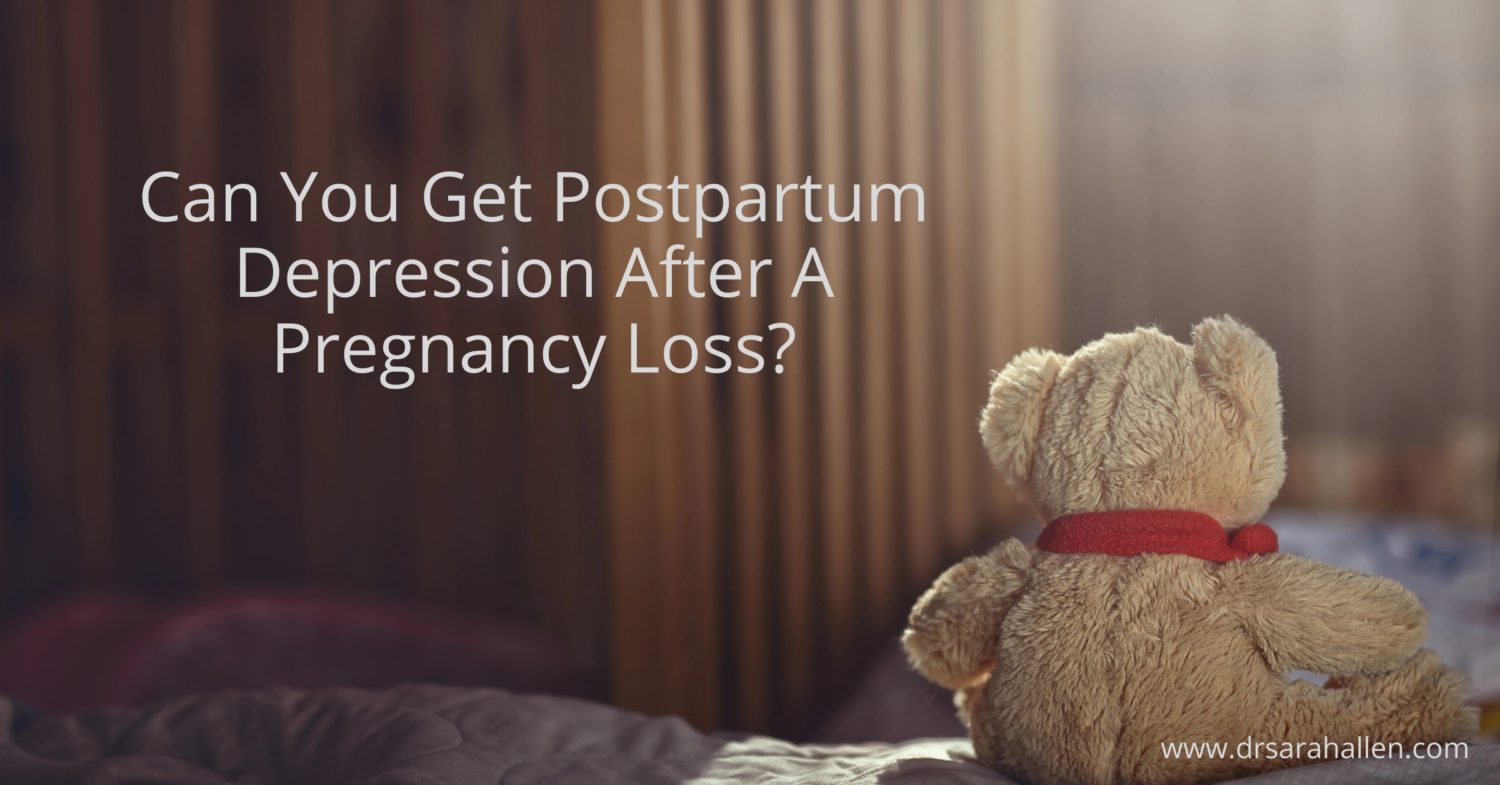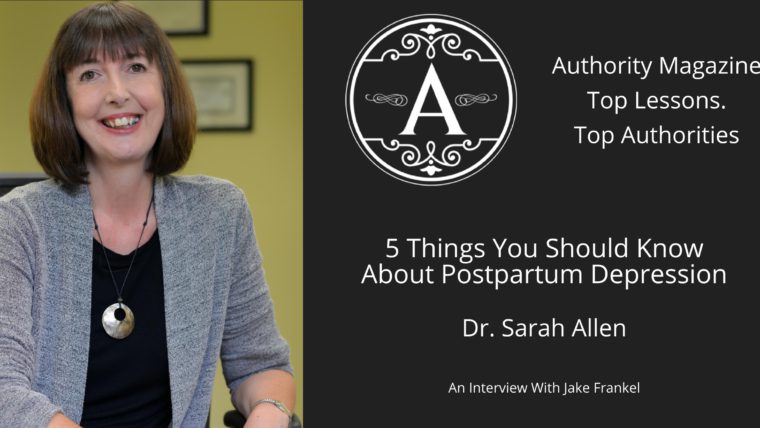Losing a pregnancy is a heart-wrenching experience that can affect your mental health in ways you might not anticipate. One question I am often asked is whether you can experience postpartum depression after a miscarriage or pregnancy loss. While postpartum depression is commonly associated with childbirth, it’s important to recognize that it can also occur after a pregnancy loss.
The emotional and physical changes following a miscarriage can be overwhelming. Hormonal shifts, combined with the grief and emotional turmoil from the loss, can contribute to feelings of depression and anxiety. Understanding the factors that lead to postpartum depression in these situations can help you seek the support you need.
Talking to a therapist who specializes in loss can be incredibly beneficial. Therapy provides a safe space to navigate your emotions and develop coping strategies. I decided to write this article so we can delve deeper into why postpartum depression can occur after a pregnancy loss and what type of support can help you in your healing journey.
Can You Experience Postpartum Depression After a Pregnancy Loss?
Yes, you can experience postpartum depression after a pregnancy loss. Many people associate postpartum depression with giving birth, but it can also occur after a miscarriage or stillbirth because the emotional trauma and physical changes that follow a pregnancy loss can trigger depressive symptoms. These feelings are valid and should not be ignored.
After a pregnancy loss, you may experience feelings of deep sadness, loss of interest in activities you once enjoyed, and difficulty sleeping or eating. It’s essential to understand that these symptoms can be part of grieving but can also affect you long term. The combination of hormonal changes and emotional upheaval can lead to a more lasting depression and also anxiety.
It’s important to seek professional help if you suspect you are experiencing postpartum depression after a pregnancy loss. Seeking out a therapist that specializes in maternal mental health issues can offer targeted treatments and coping strategies that can help you manage more quickly.
Read More
You May Also Be Interested In




